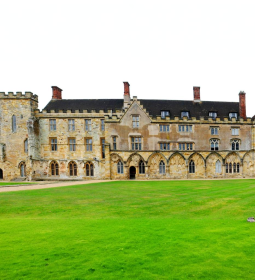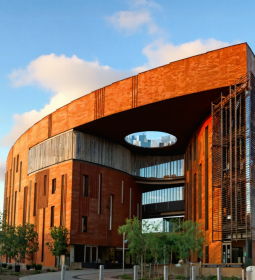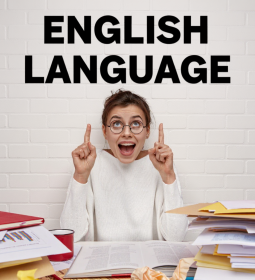The tradition of choosing a word to symbolize the outgoing year originated in Germany in 1971 and later spread around the world. Now the word of the year is defined by large universities and linguistic societies, as well as publishing houses and even individuals. Why do they do this? Such a word reflects the main trend, the mood of society and key events, recording the outgoing 12 months not in numbers, but in the language we speak and think.
A word is a slice of time. Through it, you can find out what worried society, how it lived and how it stepped into the future.
Germany: Political Crises
In Germany, the Society for the German Language chose the word Ampel-Aus ("traffic light end"). This concept is directly related to the current political crisis in the country. The three-party coalition, led by Chancellor Olaf Scholz and called a "traffic light" because of the colors of the parties (red, yellow, green), was in danger of disintegration amid internal disagreements and crisis phenomena. This word has become a symbol of the instability of the political system in the outgoing year.
Austria: Nature and colloquial slang

In Austria, two main words were chosen at once:
- Renaturierung ("renaturation") reflects the active focus of society on environmental problems, describes the process of returning ecosystems, lands and water bodies to their natural, original state. Ecology in 2024 has become one of the leading priorities of the country.
- The youth word of the year, Heast, is a colloquial expression that carries a friendly or provocative connotation. Its popularity underlines the importance of live communication in modern Austrian culture.
Switzerland: Four Languages, Four Worlds
In Switzerland, a country with four official languages, a different word was chosen for each region:
- German: Unterschriften-Bschiss ("signature fraud") was a reaction to public scandals related to the forgery of signatures for petitions and elections.
- French: cessez-le-feu ("truce") reflects the global mood associated with international conflicts and the need to end hostilities.
- Italian: non binario highlights the debate on gender identity, which has become an important topic of the past year.
- Romansh: segundimorant:a ("second home") symbolizes the widespread phenomenon of buying country houses, in which the Swiss spend holidays.
UK: From audacity to information overabundance
In the UK, the Collins Dictionary word of the year was brat ("tomboy"). Previously, the word referred to children, but today it has taken on a new meaning, symbolizing the audacity, independence and courage of today's youth.

The Oxford Dictionary chose the word "brain rot". This ironic term describes the state of fatigue and degradation caused by digital oversaturation, from constant scrolling through social media to news noise.
The Cambridge dictionary gave preference to the word manifest ("to form positive thinking"). This concept symbolizes the growing popularity of practices aimed at personal growth and success through a positive mindset.
USA: Polarization and Modesty
In the United States, the choice is divided between two dictionaries:
- Merriam-Webster chose the word polarization. It reflects the division of society, the growth of conflicts and ideological cleavages, which became especially noticeable in the year of elections and major political debates.
- Dictionary.com unexpectedly chose the word demure ("modest"). In the context of modern society, this concept has become a symbol of a return to simple, sophisticated qualities and a desire to escape from aggressive information noise.
Australia: Quality vs. Profit
In Australia, the Macquarie Dictionary awarded the title to the word enshittification. Coined by journalist Cory Doctorow, the term describes the phenomenon of products and services deteriorating for the short-term benefit of companies, and accurately captures public dissatisfaction with the way businesses sacrifice the interests of consumers to maximize profits.









